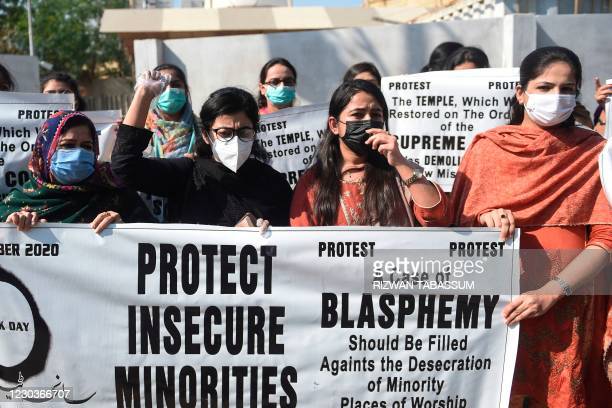
The first duty of a state is law and order. Mob justice means the state has either voluntarily given up control or has truly lost control. The Pakistani state appears to have done both.
On 20th June, a tourist from Sialkot was killed by a mob in Madyan, Swat district, Khyber Pakhtunkhwa over allegations of desecrating the Holy Quran. Despite local police attempts to save him by arresting him, a mob came into the police station, lynched the man, burned him alive and set the police station on fire. The police were reduced to silent observers.
This is not the first such incident and will not be the last one. As Naveed Shinwari writes in The Friday Times, “the last 40 years of jihad and the subsequent ‘war on terror’ have deeply affected Pakistani society. The Pakistani government is struggling to address this phenomenon through short term solutions and finds itself without any obvious solutions.”
In Pakistan, Shinwari writes, “extremist ideologies have taken root in our society, and we are seeing injustices and violence against Christians, Hindus, Sikhs and Ahmadis. To prevent mob violence against individuals and religious minorities in Pakistan both civil society and the government have a role to play.”
Shinwari calls upon both “civil society and the government has to work together to address mob violence especially against religious minorities. Civil society can provide the inputs and grassroots support, and the government can implement policies and laws to protect minority rights. By working together, they can create a more tolerant and inclusive society – where mob violence against religious minorities is prevented and everyone can practice their faith without fear of being persecuted.”
![]()





